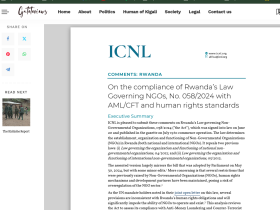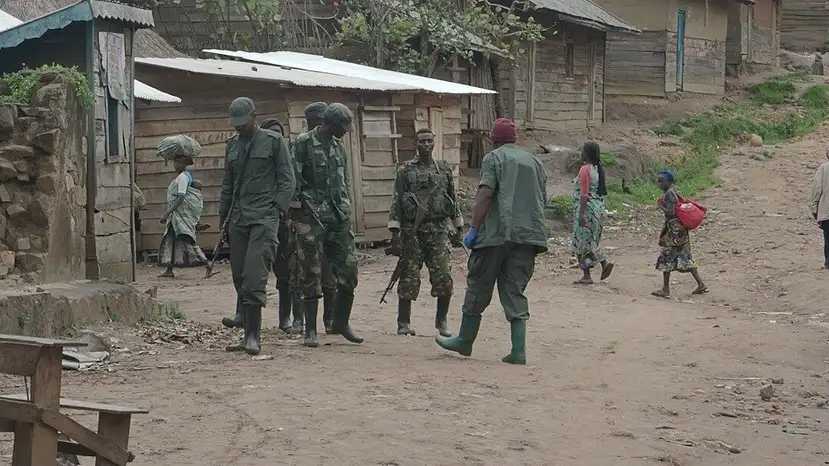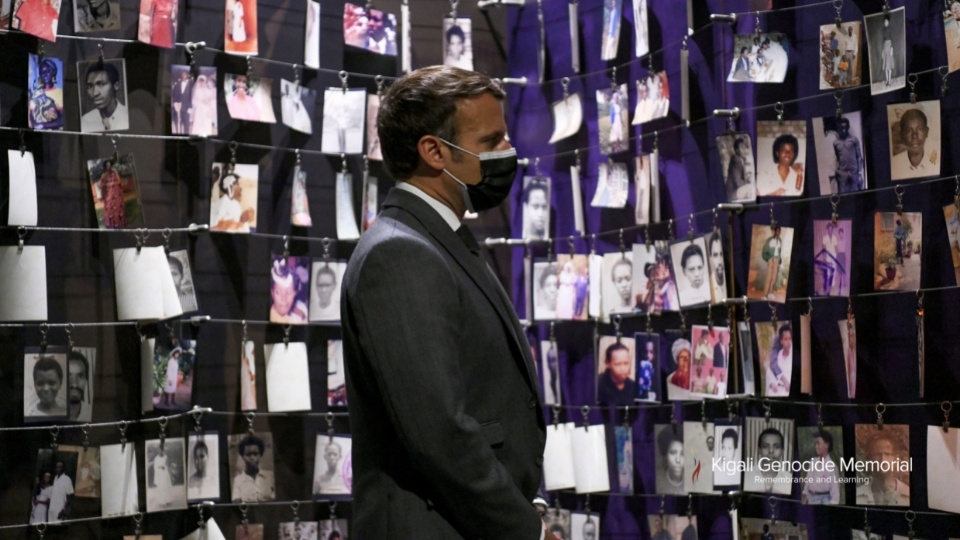Just because you are looking from a tainted window glass, it doesn’t mean that the grass is green outside.
The Dutch disease is a situation where after a country has discovered and started exploiting natural resources such as oil, productivity reduces, salaries suddenly soar, cars and houses become bigger and bigger, in size and in numbers. Gradually, people begin to not see the need to work. Most sectors of production are dwarfed, to the benefit of the sole extractive industry – where quick wins are registered with little ingenuity and effort. As exports of the natural resource usher in huge amounts of foreign currency, inflation skyrockets, etc. This disease can drive a country at the brink of bankruptcy, economic stagnation, corruption and unrest; Also, these natural resources are usually non-renewable and tend to deplete before the benefiters are satiated, or have imagined life beyond them.
hence the proverbial resource curse metaphor.
Now, that is the least harmful form of Dutch disease and it can be contained or cured by good monetary policies. This has more or less worked in Angola, Dubai, and failed in DRC and Zambia, etc.
If I gave this analysis, it was to put this article in context. It was not at all to suggest that in Rwanda we run the risk of contracting this type of Dutch disease – we wish…
What we suffer from, it seems, is a more severe form of Dutch disease – the worst. Diagnosis shows signs of aid-based backwardness and schizophrenia. For those of you who do not know what it is, let me start by defining the key word in there: ‘Aid’
President Kagame once compared aid to anaesthesia: ‘Ikinya’. He said: ‘like anaesthesia, aid deactivates the nerve that informs the brain of your poverty/suffering, but it does not make it go away. It just makes you unaware of your situation, until the sedating effects run out, then you feel the poverty/pain even more.’ The interregnum between the first disbursement of painkillers/aid and an unpredictable second disbursement is an unbearable period.
This is a no-brainer. But what’s intriguing is that as soon as another dose of aid is prescribed, our African politicians tend to forget how painful the lean season was. They behave – worse yet they think, as if they have always lived in opulence.
The trend is just unsettling in Rwanda. One morning our former major of the city of Kigali decided to ban motorcycles in ‘her city’. Moto drivers, she said, create congestion and accidents’. One thing she did not know was that, these Motos are owned by more than 1000 youths, employ double of that (2000) – day and night, feed and sustain around three times that (6000). Moreover, there is more than a billion Rwandan francs owed to banks and microfinance institutions for the purchase of these motorbikes. (These figures are anecdotal. They do not derive from a proper research – which the City Council should conduct).
So, her sedated, elitist, but mostly schizophrenic decision, was about to put 3000 youths out of business, and 6000 more out of livelihood, all in the name of a flashing city of Kigali. This goes counter to the 200 thousand jobs that EDPRS-II committed to create annually for the next five years, not to mention the insecurity that would have been caused by the newly unemployed youth. The decision was reversed; thank God. But what worries me is that there are Rwandans who reason like that; and who are in positions of power – and able to innocently do harm.
‘I will transform this city into Chicago!’ once promised another major of the city: Theoneste Mutsindashaka, just before he was briefly jailed for embezzlement, released and deployed – rumour has it – to Juba, South Sudan – God help them…
Seriously?! Sometimes I wonder; is this a ‘nouveau riche’ effect? Does it stem from thirty years of suffering, exile, poverty and humiliation, that people feel: oh screw it! Let’s live a little; we have arrived!?
| Toyota V8. Referred to in Kigali as ‘Centre de Sante’ – the Price of one of these would allegedly build a health centre. |
Everyone here likes to crack jokes at our corrupt neighbours all around, and especially the Congolese with their gold chains around the neck and their trousers tied around the chest. Well, I don’t see the difference between the Congolese bling bling, and the ‘centre de santé’ in which you all drive. Ah sorry, one small difference: the golden chains are homemade.
Wake up! Rwanda remains one of the poorest countries in the world, with a heavily dense population, no natural resources, an atrocious past and landlocked in the midst of arguably one of the most violent and volatile regions. And we still rely on aid to meet 40% of our costs! The fact that we are doing well in this particular region is no reason to contract Dutch disease.
The only way we can do away with aid, is by learning to live with the little we have. I am not preaching for us to lower our ambitions, I am convinced we can achieve them a lot sooner, if we reduced our expenditure on the superflux. Everyone remembers how Mobutu was begging for debt relief, as he frequently chattered the concord aircraft for his personal and family use. These anecdotes are supposed to teach us lessons, not to lure us to emulate. We should not encourage tax exoneration on huge, gas consuming, environment polluting SUVs, all the while preaching for Agaciro.
But the SUVs (Centre de Santé) would be fine, if they didn’t mess with the heads of the people driving them. Unfortunately they do: Suddenly they start finding bicycles dirty, motorbikes annoying and pedestrians irritating…
Ha, ha, ha.
I was in dismay again, when I read in The New Times, that following the unfortunate collision of two overspending vehicles in the Eastern Province, motorbikes would be banned from the main road.
But the Eastern Province and bikes are made for each other. In fact, we should all move to the Eastern Province and ride bicycles, in green lashes and low lands, where the weather is perfect all year round; it’s romantic!
In reaction to that decision, I tweeted: ‘the mayor of the Eastern Province should take a study trip to Amsterdam, Brussels or Beijing, where, in spite of a tough weather, people almost exclusively ride bicycles. But then I realised, he could have gone to these cities, but managed to miss the bicycles and focused on the big buildings…
It is really ironic, to see that people out there are saving money by using bicycles, so they can give us aid, and we, ban the bicycles to use SUVs. But with whose oil now? Are they planning to fuel them with coffee or Akabanga?
‘Motorbike drivers are reckless and cause accidents’, they claim. Yeah, but that is the reasoning of an SUV owner. Normally it is the cars that cause accidents; it is the cars that take too much space; it is the cars that make a city ugly and dirty, it is the cars that are destroying this world.
And lets not forget: in the most populated province of the country[1][1], how many people own cars? Who does the province belong to? The small elite with cars, or most of the 2,600,814 people? Besides, bicycles are part of Rwandan culture. In some parts of the country, a bride wouldn’t have a happy marriage if she didn’t bring a bicycle to her new husband.
| ‘My wife needs to have this bike changed, she brought this on our wedding day.’ – Bugesera District, Eastern Province (Source: Kigali Today) |
Finally with the construction of many feeder roads, bikes are very useful to link produces and markets. They are indeed a critical tool in the poverty reduction and social cohesion ambitions of this country.
Ok, I could go on and on, but I don’t think anyone is listening… I just think government should stop tax exemptions on SUVs imports for a few years. Maybe then all civil servants ride bicycles to work; which would help cut on their big stomachs and carbon emission…
[1][1] The Eastern Province has the highest population of about 2,600,814 people, followed closely by the Southern Province and the Western Province with 2,594,428 and 2,476,943 people respectively, whilst Kigali City, with 1,135,428 people, has the lowest population.


















Leave a Reply